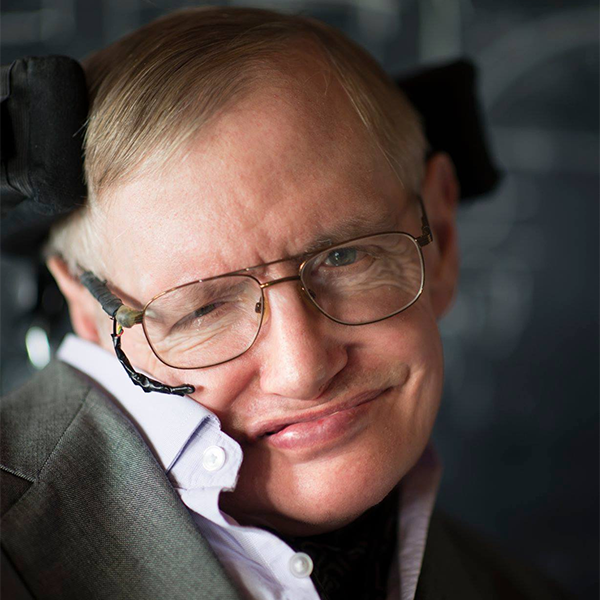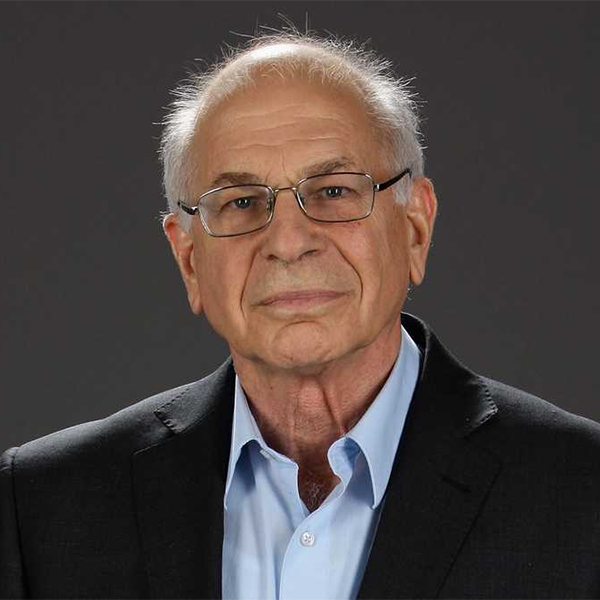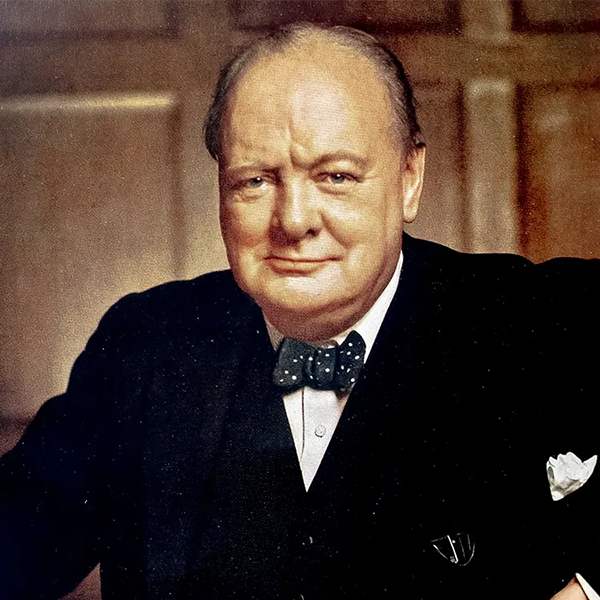Alan Watts was a British philosopher, writer, and speaker, best known for his interpretation and introduction of Eastern philosophy to Western audiences. Born in 1915 in Chislehurst, England, Watts began his career as a scholar of comparative religion at the age of 20 and soon moved to the United States. Throughout the 1950s and 1960s, he gained a wide following through his lectures on Buddhist, Taoist, and Hindu philosophy, including extensive work on Zen, which he frequently discussed in his books and public talks. Watts’s approach blended academic rigor with a conversational style, making complex philosophical concepts accessible and relevant to the contemporary Western lifestyle.
❝This is the real secret of life—to be completely engaged with what you are doing in the here and now. And instead of calling it work, realize it is play.❞ — Alan Watts
Watts had an insatiable intellectual curiosity, and his works display a profound engagement with a broad spectrum of ideas, cultures, and texts. He was known for reading widely and deeply across diverse subjects, which enriched his philosophical discourses and writings. His fondness for reading helped him synthesize Eastern and Western thought in innovative ways, influencing the countercultural movements of the 1960s and beyond. Watts’s books and lectures continue to be influential, offering insights into the nature of reality, consciousness, and personal identity.





















